|
Music Is The Healing Force Of The Universe The Inconsistency of |
|
|
||||||||||||||||
|
News from 2015 - June to August June 1 2015
A Celebration of the Life of Bernard Stollman (19/7/1929 - 20/4/2015) According to the ESP site, there will be a memorial service for Bernard Stollman on Sunday, 7th June, from 4 - 9 pm, in Studio A of the Alchemical Theatre at 104 West 14th St. in Manhattan. “All who wish to pay their respects to his blessed memory are invited for an evening of musical and verbal tributes to Bernard and his magnificent legacy. RSVP to rememberingbernardstollman@gmail.com so that we will have an idea of how many folks we will have to accommodate. ESP-Disk’ artists who would like to perform may also contact us at rememberingbernardstollman@gmail.com. Those who cannot attend are invited to send their thoughts to be shared during this celebration.” * An Interview with Jason Bivins Following up on last month’s mention of Jason Bivins’ new book, Spirits Rejoice! Jazz and American Religion, there’s an interview with the author on INDY Week. * Three Bassists 1. Last month I mentioned a new organisation in Cleveland dedicated to bringing avant-garde jazz back to Ayler’s birthplace. There’s another interview with the guys behind New Ghosts on the Cleveland Scene site which concludes with the following: “Upcoming New Ghosts gigs include the Toronto-based jazz quartet ’Lina Allemanos Titanium Riot (May 18, Bop Stop) and the instrumental group Spectral (May 19, Bop Stop). They’ve also booked a solo saxophone/electronics show featuring experimental jazz/folk music by Jonah Parzen-Johnson (June 1, Bob Stop) and a performance by Rent Romus, a jazz saxophonist and record label director from the San Francisco Bay area, who’ll play with a local ensemble (June 10, Bop Stop). And that’s not to mention performances by the guitar and bass free improv duo Secret Keeper: Stephan Crump & Mary Halvorsonm (June 13, Bop Stop) and “extended technique percussionist” Will Guthrie (June 14, Now That’s Class). Mutawaf Shaheed (formerly known as Clyde Shy) played bass with Ayler on the Cleveland La Cave sessions of April 1966 (in the Holy Ghost box) and also at a couple of concerts in Cleveland in February 1967 (photos of which are available in the Frank Kofsky archive at the University of California).
2. I came across the following on youtube. It’s a complete concert by Henry Grimes (1 hour, 43 mins) for The New School in their ‘Eyes of the Masters’ series, recorded at Arnhold Hall, New York, on 24th April this year.
|
|
3. And Gary Peacock is still going strong, with a new CD on the ECM label, Now This, reviewed here. |
||||||||||||||
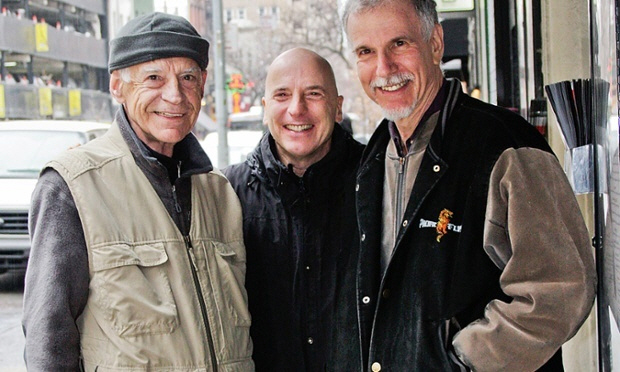 |
||||||||||||||
|
(Gary Peacock, Joey Baron and Marc Copland) * Cecil Taylor Again, following up on last month’s news of that Fire Music film, Pierre Crépon let me know about an upcoming film about Cecil Taylor called Aether. More information is provided by the director, Amiel Courtin-Wilson, on this Australian magazine site. I also came across this interview with Cecil Taylor on the Snapshots site. * X_X Enough of these owd fellers, what are the kids up to nowadays? According to the Cleveland Scene site, “Veteran Punk Rockers X_X Announce Series of Shows in Advance of New Album”. The new album (to be released in November) will be called Albert Ayler’s Ghosts: Live at the Yellow Ghetto, which is why I’m mentioning it here. There’s another article on the Blurt site, including a sample track, ‘Transmography’, from the forthcoming album. I don’t know which is more depressing, realising that Cecil Taylor is 85, or seeing ‘veteran’ applied to punk rock. * Yet more Ghosts There’s a new CD on the Imogena label from Swedish group The Groove (Björn Cedergren (ts,ss, bcl), Kjell Jansson (b) and Anders Kjellberg (d)) called Stop It! featuring two Ayler tunes, ‘Ghosts’ and ‘Saints’. |
||||||||||||||
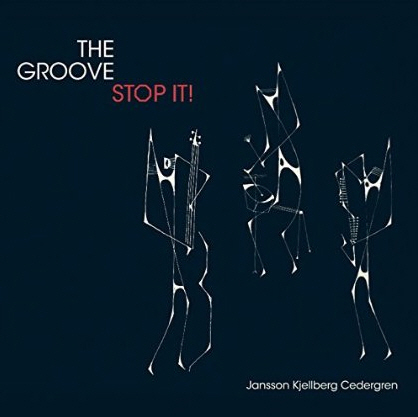 |
||||||||||||||
|
And here’s an al fresco version of ‘Ghosts’ from Hungary, featuring Grencsó István and friends, recorded at the Mediawave Festival on 30th April.
|
||||||||||||||
|
The news from January to May, 2015 has now been buried in the Archives. ***
|
||||||||||||||
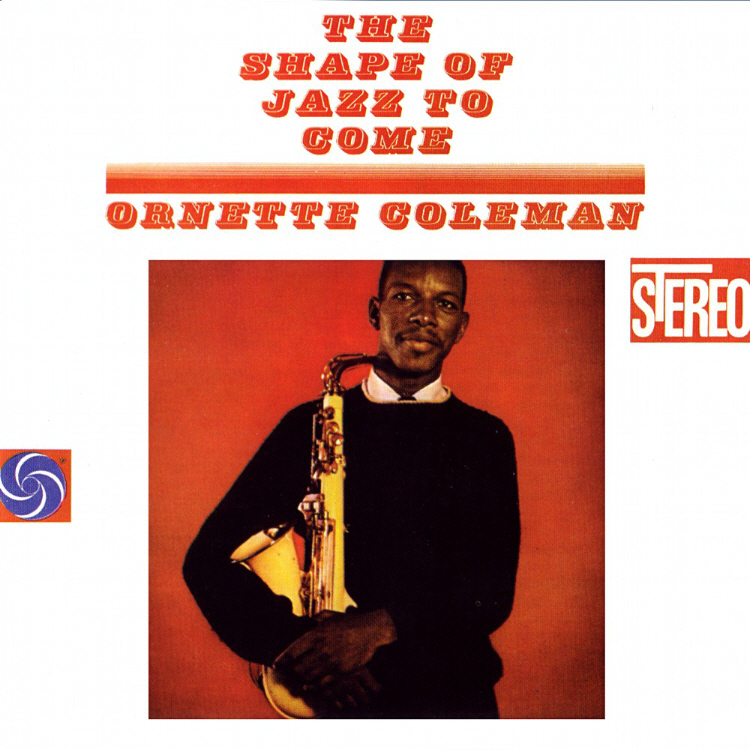 |
||||||||||||||
|
July 1 2015
Ornette Coleman There are plenty of obituaries and tributes to Ornette Coleman on the web (Ben Ratliff in The New York Times, Geoff Dyer in The New York Review of Books, Taylor Ho Bynum in The New Yorker, John Fordham in The Guardian) so there’s no need to add another. Richard Williams ends his piece on his Guardian music blog with this: “From hand to hand, the torch of jazz was passed until, at the end of a long line of publicly recognised hero-figures that had begun with Louis Armstrong, it reached Ornette Coleman. He was not where jazz finished, by any means. The music’s evolution continued by different means. But he was the last surviving great soloist whose playing, by itself, marked a major step in the music’s evolution, and defined an entire era.” There’s an account of Coleman’s funeral in The New Yorker, linking Ravi Coltrane’s performance to Ornette Coleman’s at his father’s funeral in 1967. Albert Ayler is not mentioned (we can forgive the journalistic licence) but Coltrane’s funeral at St. Peter’s Lutheran Church was the only time that Ayler and Coleman ‘performed’ on the same ‘stage’. Although they did not play together - for that, the only evidence is the fabled recording of the jam session at Fred Lyman’s loft in 1963. Revenant wanted to include it in the Holy Ghost box, but couldn’t obtain Coleman’s permission. However, they did include this description of the session in the Holy Ghost book: |
||||||||||||||
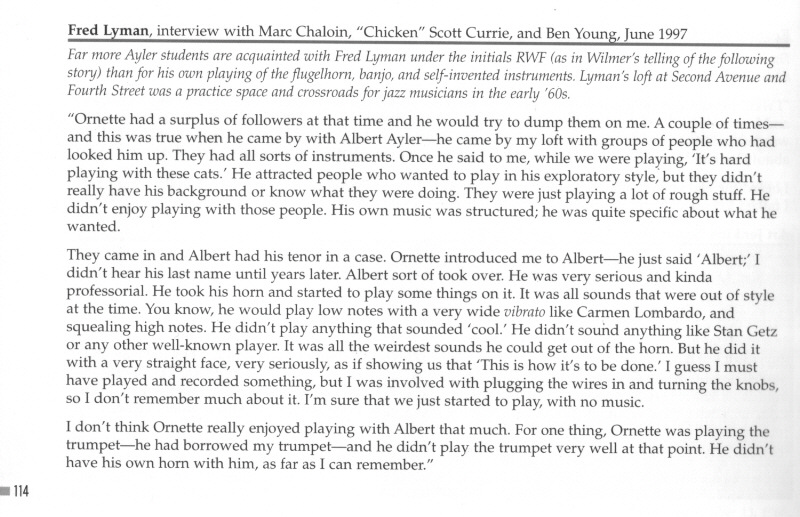 |
||||||||||||||
|
So, if we do ever get to hear it, which is doubtful, the tape will prove to have more of a curiosity value than a musical one (it does include a banjo). There are plenty of Coleman clips on youtube, including this half-hour programme which I remember being mesmerised by when it was first shown one Sunday lunchtime on ITV (a channel whose current glories are Downton Abbey and performing dogs). Made in 1966, it features the Coleman Trio recording the soundtrack for the film, Who’s Crazy? It’s included in Richard Williams’ piece in The Guardian, but I make no apology for adding it here.
|
||||||||||||||
|
And there’s more music from the Coleman Trio on youtube, concerts from Bremen (3rd December, 1965) and Paris (12th February, 1966). There’s also an interesting piece on the ESP site which explains why Coleman’s 1962 Town Hall Concert was released on the label (just remembered another vague Ayler connection, since they shared an ESP single - ESP 4506 - ‘Holy Family’ from Spirits Rejoice on the B side, Coleman’s ‘Sadness’ on the A). And Pierre Crépon sent me a link to Matt Lavelle’s piece about Ornette Coleman which includes the following: “The next time I entered what I called Harmolodics university, we went full blown meta-psychics. After we had gone through his astrology, numerology, and the totem, I asked him about John Coltrane. He told me that after Trane had passed, he received an envelope filled with money and a note that said thank you for teaching him. Ornette said that he cried for days after this happened. I asked him to talk about what they worked on together. What he told me was too personal, and not for online consumption. Some things are still sacred. I pressed on and asked him about Albert Ayler, which made him visibly upset. Ornette said with a great deal of emotion and seeming regret that if Albert had just come to him as they had discussed, that he would still be alive. Ornette said he would have straightened out everything.” And, finally, BBC Radio 3 broadcast a tribute to Coleman on 22nd June, which is still available on their site. Which is all fine and dandy, but a couple of days before Ornette Coleman died, the world lost another major figure in the music world, the bandleader, James Last. All the main TV channels here in England carried extensive tributes to Mr. Last in their news bulletins. As far as I know the death of Ornette Coleman was not reported on TV at all. Now play Cherokee. * Have We Reached the End of Jazz Itself? Asks Gene Seymour in The Nation - not in response to the death of Ornette Coleman, but back in April. I came across the article by chance, and it appealed to my current reflective mood. Plus, it begins by linking the Wallace Stevens’ poem ‘The Man With the Blue Guitar’ to Ayler’s ‘Bells’. It was published in The Nation’s 150th Anniversary Special Issue (under the rather less inflammatory title, ‘Following the Sound’), a free copy of which can be downloaded from the site, which is nice of them. * Handbills Thanks to an anonymous donor for these handbills of Ayler concerts. 1966 |
||||||||||||||
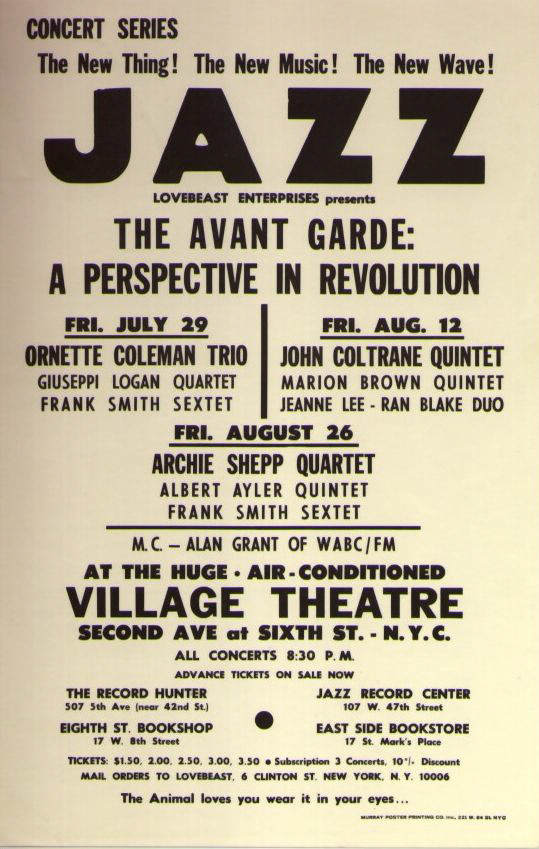 |
||||||||||||||
|
1968 |
||||||||||||||
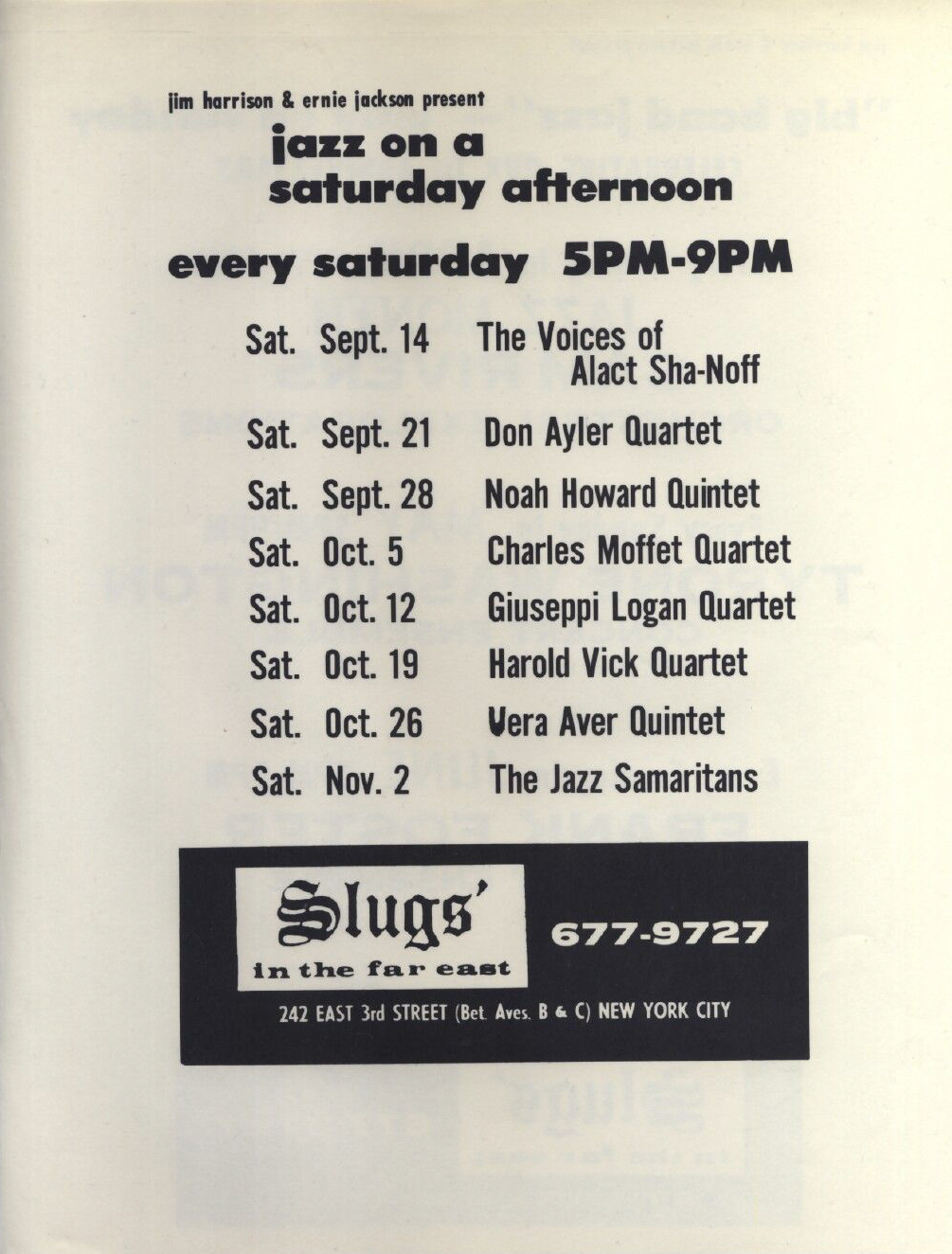 |
|
1969 ‘Later, I returned to Harlem, in ‘68; and Comrade Ernie Allen, co-editor of Soulbook, and I participated in Part II of the BAM, by organizing the “Loft” movement on 125th St. Our Loft was called “The Black Mind,” and we joined in with the Original Last Poets (of whom I became a mentor), whose Loft was named the “East Wind.” But the Newark gig definitely happened, and was the subject of a damning review in Amiri Baraka’s Cricket, which you’ll find here. According to the ‘review’, the group was just a trio with Richard Davis and Beaver Harris (both mentioned in the Black Mind flier) on bass and drums. Albert did not appear. On the first night Don played an ‘Indian oboe’ and a borrowed alto saxophone, on the second night, trumpet. |
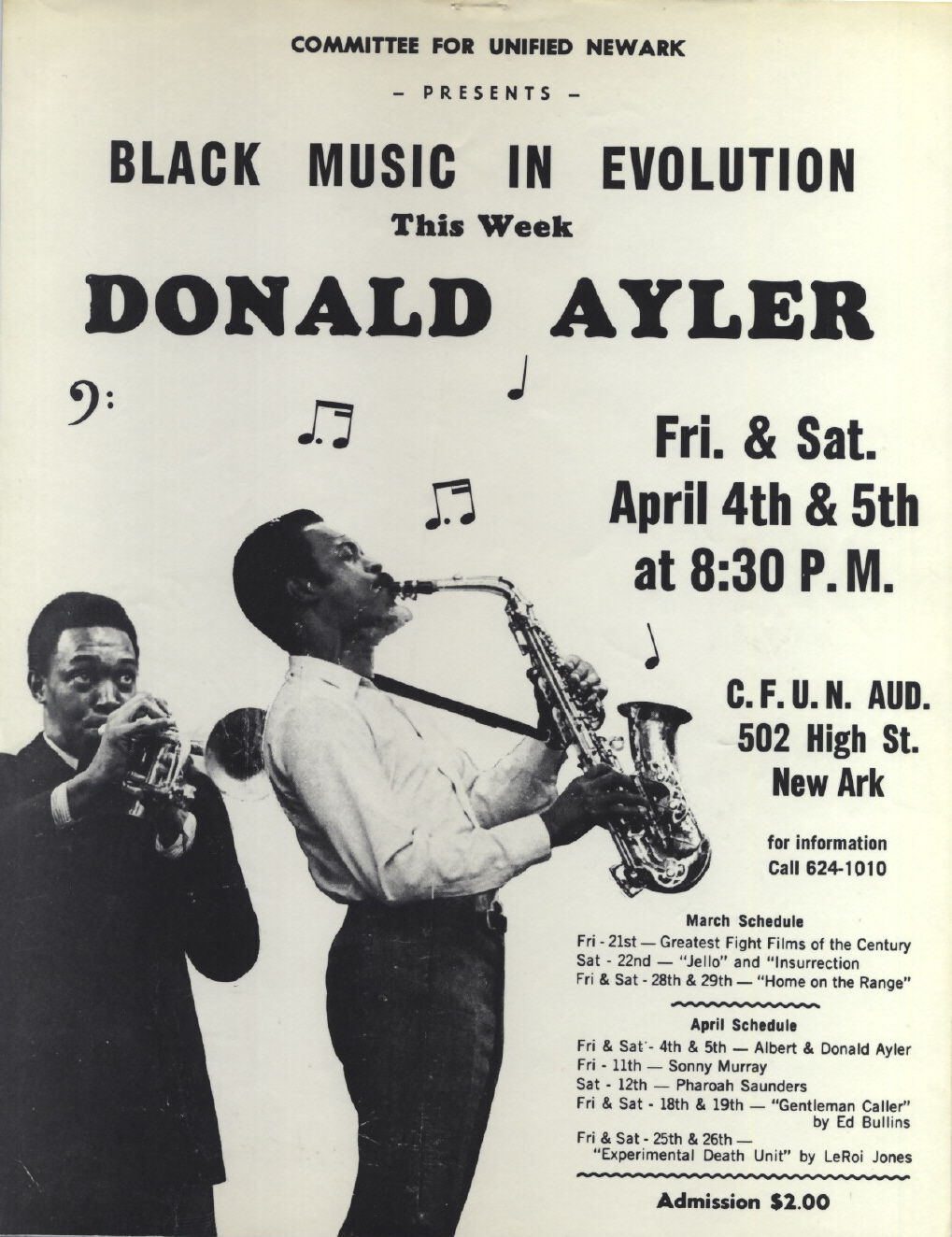 |
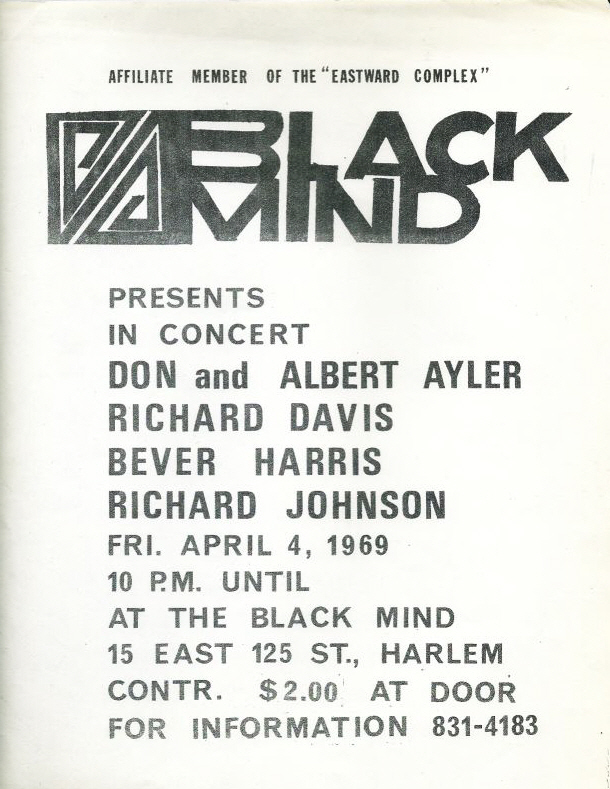 |
||||||||||||||||||||||||||||||||||
|
The Hotel Diplomat As well as the handbills above, I was also sent the flier for the April 28th, 1968 concert in the Grand Ballroom of the Hotel Diplomat in New York. I’ve had this particular item on the site for a while now, but it’s buried in the archives somewhere since we could never find any reviews to confirm the concert took place. However, Kees Hazevoet remembered a review of the event in the Dutch jazz magazine, Jazzwereld, which he managed to track down. He also kindly took the time to translate it into English. It’s short on detail but the mention of the group of female singers does tie in with the other information we have about the event. You can access the original page from Jazzwereld (No. 19, August 1968, p.19) by clicking the picture below, and the translation follows. |
||||||||||||||||||||||||||||||||||
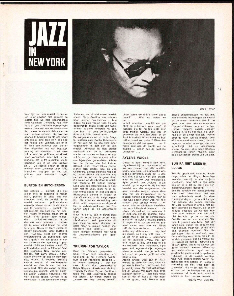 |
||||||||||||||||||||||||||||||||||
|
Translation courtesy of Kees Hazevoet: Jazz in New York By Frens van der Mei Ayler’s voices As he never works in New York, every now and then he organizes a concert hmself, with all the difficulties that come with it. The organisation of the event didn’t go smoothly, it shouldn’t be the job of an artist, but the music was stunning. At the moment, Ayler uses many voices in his music. He had four female singers, who didn’t sing words, only sounds, incorporated in the music as instuments. Only brother Don was on stage during the entire concert.......there were three different bassists......four different drummers......who each took their turn and of whom I didn’t know anyone, all unknown musicians, who fitted in Ayler’s music in different ways. I tried to find out their names, but most of the time Albert didn’t know their name himself......”doesn’t make any difference.....they feel my music so I play with them”. And there was the Ayler magic. Said someone in the audience: “Wow, that guy only needs to play one note to get me excited”. Many melodies, almost no solos, seemingly unorganized music, which nevertheless leaves a feeling of unity in the end. |
||||||||||||||||||||||||||||||||||
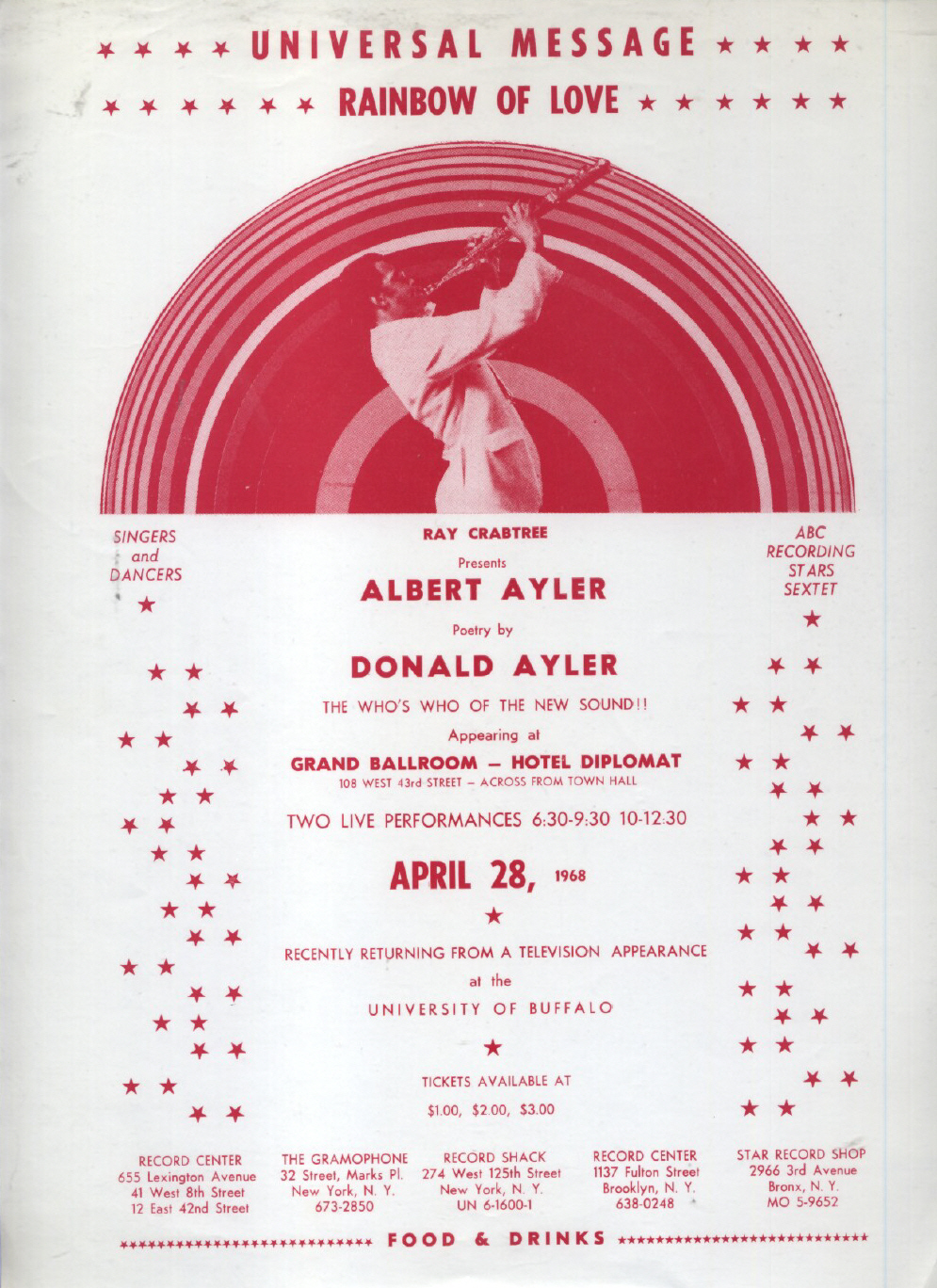 |
||||||||||||||||||||||||||||||||||
|
Après le Fondation Maeght And while we’re on the subject of odd Ayler concerts, here’s a photo by Philippe Gras of the gig the Ayler group - Ayler (ts), Call Cobbs (p), Steve Tintweiss (b), Allen Blairman (d) - played on 28th July, 1970 at the local holiday camp following the two concerts at the Fondation Maeght. |
||||||||||||||||||||||||||||||||||
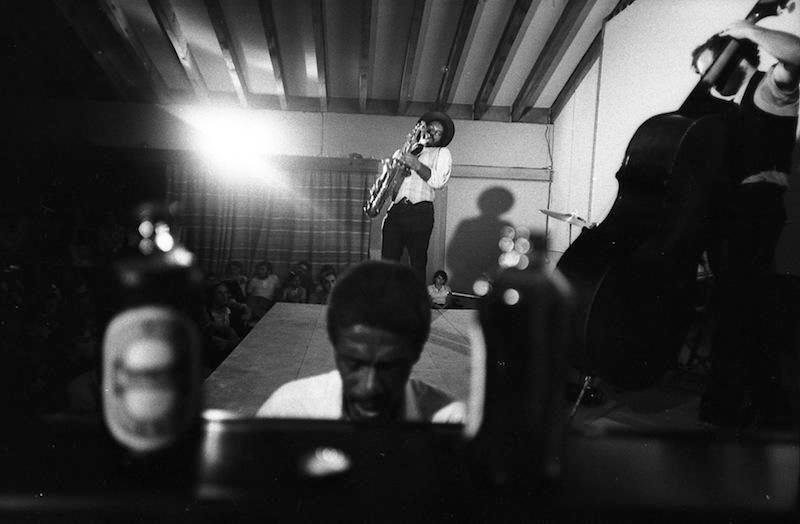 |
||||||||||||||||||||||||||||||||||
|
Milford Graves I have to thank Pierre Crépon again for sending me the links to two interviews with Milford Graves. The first is from the Red Bull Music Academy Daily, posted by Hank Shteamer on 4th June, 2015. The following excerpts relate to Albert Ayler: ‘So when I got to jazz, it was 1964, and I was very conspicuous because of the way I was playing, playing in a little bit more liberated, participating way. So participating, in a sense, and so liberated that [during] the performance I did with Albert Ayler at Slugs – we did five nights there, three sets a night in 1967 – we finished one set, and I remember a person coming up to me, and he addressed me as Mr. Ayler. [laughs] I said, “I’m not Mr. Ayler. That’s Albert Ayler on tenor sax.” He said, “Oh, the way you were playing, I thought you were the leader of the group!” So that tells you how liberated it was. I didn’t look like no guy that would be a sideman drummer back then. ... On the topic of big sounds, Albert Ayler must have been a powerful force onstage. When I did that gig with Albert in 1967 at Slugs, we had three sets, five nights. The first set, the first night – it could have been the second set – Don Pullen [the late pianist and frequent Graves collaborator] came, and he said, “You ain’t going to be able to play like that for five nights, man.” I said, “Don, you watch!” I said, “I’m going to play like this for five nights.” After the second night, three sets, I felt it. It was a good thing I had a friend that lived right around the corner from Slug’s. He was there every night, all night. There was no dressing room there, so on the breaks, I had to go over to his house and get on his couch, and I would just lay back and rest. And I’d get up, come around the block, and I’m back on the set. Albert tells the story, but he gets it a little confused… He was talking about, “I passed out.” I didn’t pass out. The intensity that we played at, non-amplification, was very powerful. It’s easy to do this if you have a little concert – one set, two sets – but to do three sets, five nights in the club… Albert didn’t try it, but I did. And after that, I was off for close to two weeks. I burnt myself out, man. I said, “No, this is insane.” And what made it worse was, Slug’s was the hangout place. So all the musicians were coming in there. So at this time, I’m the guy that people are talking about; my name was kind of out there. Everybody was saying, “You gotta go check him out.” So I’m aware of this. People talk about you in the magazines; everybody’s coming up to you. The cats was all coming down, man: Philly Joe [Jones], Roy Haynes. [I was] this young guy, this little kid. I didn’t want to let nobody down. So I’m playing like “Wow,” man. And then I said, “No, I can’t do this – not this way.” If I’m just going to play a backbeat or a regular-old way, I can do that. But it ain’t going to work [in a more intense, interactive situation], man. What do you remember about playing with Ayler at Coltrane’s funeral? I remember that Albert was kind of spooked about Coltrane in that casket up front, and he was playing very tender. He almost got kind of quiet. I remember [drummer] Andrew Cyrille giving me a compliment, because he was there. Montego Joe [a percussionist whom Graves had recorded with] – when I went outside the church, he was in the street and he looked and gave me [a gesture of approval]. And somebody else told me that my drums sounded like thunder in the church. And Dizzy Gillespie, they say he looked up at the balcony, because he couldn’t see us, and said, [loudly] “Who’s on drums?” I was just bold, man – I was just playing.’
The second is a 30 minute audio interview with Joe Wong from The Trap Set. * And finally... Enough of this serious stuff - on with the motley. My Name Is Albert Ayler continues to crop up on amazon under different download-only disguises. I still don’t understand it. Here we have ‘Easily Stop Time’, ‘Acquaintance’, ‘Sunny Sounds’ and ‘Days To Come’. |
||||||||||||||||||||||||||||||||||
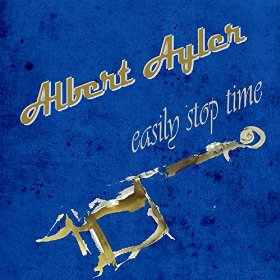 |
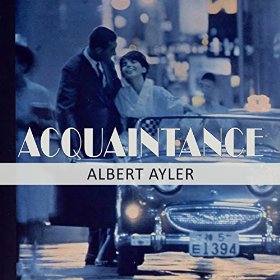 |
|||||||||||||||||||||||||||||||||
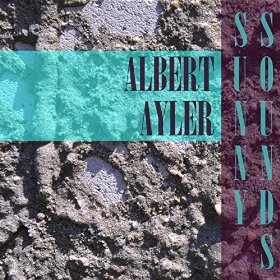 |
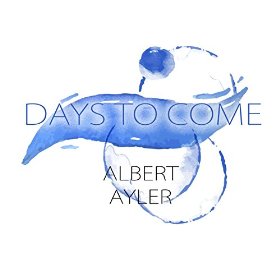 |
|||||||||||||||||||||||||||||||||
|
And then there are the compilations, which begin in fairly understandable fashion with ‘Best of Free Jazz’ (which has ‘Ghosts’ from Ghosts and ‘Holy Ghost’ from Live In Greenwich Village: The Complete Impulse Recordings), ‘Cool Jazz Summer Breeze’ (‘Sun Watcher’ from New Grass), ‘Godfathers of Soul Jazz’ (‘Free At Last’ from New Grass) which also appears on ‘Jazz Got Soul’ and ‘Funk Groove Lounge’ (‘Everybody’s Movin’’ from New Grass). |
||||||||||||||||||||||||||||||||||
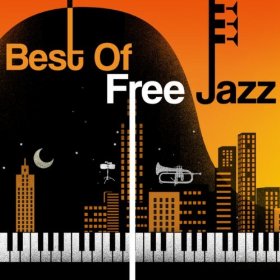 |
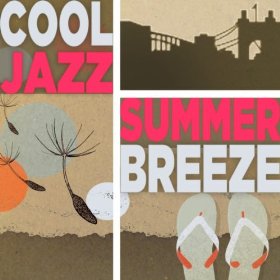 |
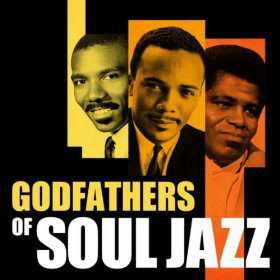 |
||||||||||||||||||||||||||||||||
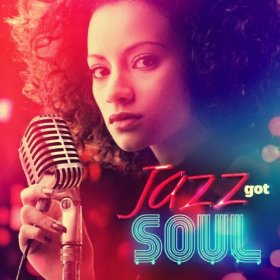 |
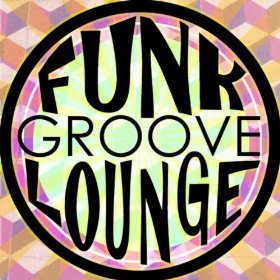 |
|||||||||||||||||||||||||||||||||
|
What is more disturbing is that a random track, credited to Albert Ayler, with the title ‘No Moe’ has started to appear on various pop compilations. ‘No Moe’ is actually ‘Rollins’ Tune’ from Something Different!!!!! (aka The First Recordings). It appears (along with Ornette Coleman’s ‘Lonely Woman’) on ‘Johnny B. Goode’, ‘I Love Pop, Vol. 12’ and ‘The Roots of Punk Rock Music 1926-1962’. I have to admit I’m a fan of 50s pop music and rock’n’roll (’twas the sound of my childhood) and have bought many such compilations on CD, but I do wonder what unsuspecting listeners will make of a random Ayler track in amongst the Eddie Cochrans and Buddy Hollys. |
||||||||||||||||||||||||||||||||||
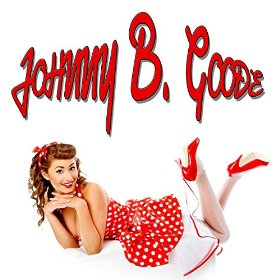 |
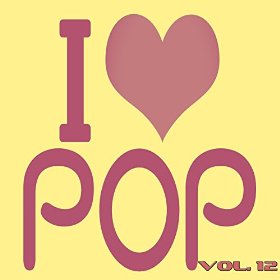 |
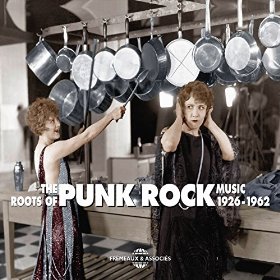 |
||||||||||||||||||||||||||||||||
|
August 1 2015
Ayler at 79 Albert would have been 79 on July 13th and there’s a tribute by Mike McGonigal, complete with loads of youtube clips and a working link to the Kasper Collin film, on the Detroit Metro Times site. * The Freedom Principle The Museum of Contemporary Art in Chicago has a major exhibition entitled “The Freedom Principle: Experiments in Art and Music, 1965 to Now” running from 11th July to 22nd November. Although mainly concerned with the history of the AACM, of specific Ayler interest is the inclusion of Stan Douglas’ 1992 video installation, ‘Hors-Champs’, which features Ayler’s ‘Spirits Rejoice’ performed by a quartet of musicians (Douglas Ewart (ts), George Lewis (tb), Kent Carter (b) and Oliver Johnson (d)). |
||||||||||||||||||||||||||||||||||
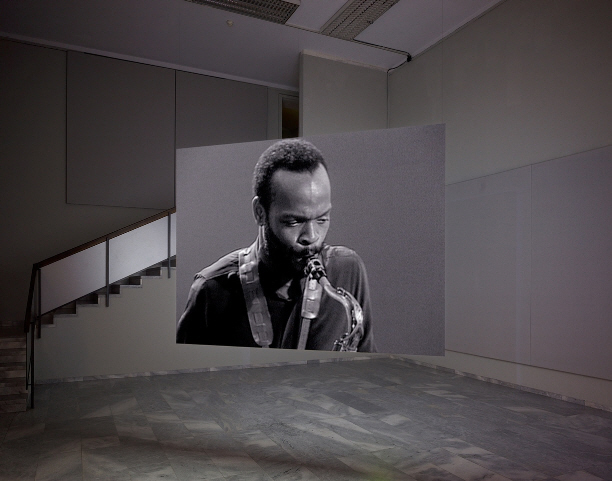 |
||||||||||||||||||||||||||||||||||
|
There’s a microsite about the exhibition, and there’s also a review on the Guardian website. * Ayler in Paris A couple of photos have been posted on the Ayler group facebook page. The first, taken by Jacques Bisceglia and included in Reaching Into The Unknown: photos by Jacques Bisceglia, poems by Steve Dalachinsky (RogueArt, 2009), showing Albert Ayler and Cecil Taylor in conversation in Paris on 13th November, 1966 (with Andrew Cyrille in the foreground). |
||||||||||||||||||||||||||||||||||
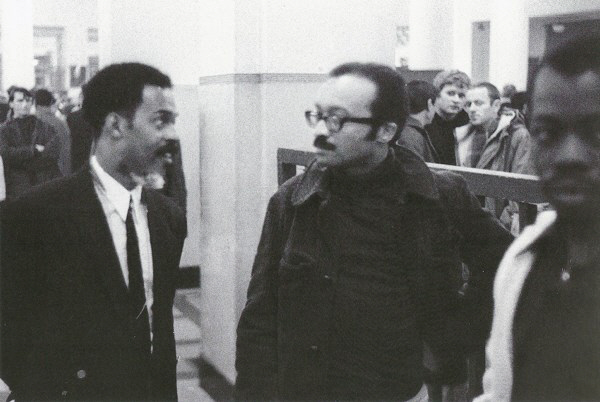 |
||||||||||||||||||||||||||||||||||
|
And this one by Guy Kopelowicz. |
||||||||||||||||||||||||||||||||||
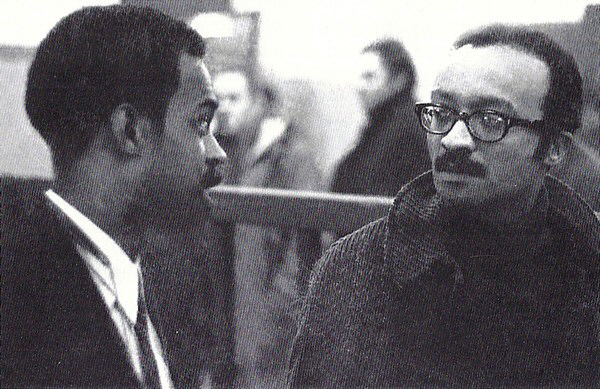 |
||||||||||||||||||||||||||||||||||
|
By the way, Steve Dalachinsky’s poem, ‘Reaching Into The Unknown’ is available on the Acoustic Levitation site. * The Village Gate Following on from last month’s selection of posters from Ayler concerts, I also came across this on the Ayler group facebook page. It’s an ad for the concert at the Village Gate on 28th March, 1965, which was recorded and released as The New Wave In Jazz on Impulse (32/- according to the review in Jazz Monthly - that’s £1-60p in new money). |
||||||||||||||||||||||||||||||||||
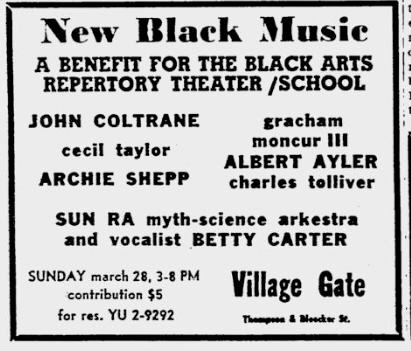 |
||||||||||||||||||||||||||||||||||
|
What I didn’t know, until I read Jeff Schwartz’s post, is that the Ayler track, ‘Holy Ghost’, was omitted from the CD release of the album - presumably since it had been added to Live In Greenwich Village: The Complete Impulse Recordings. It was replaced by two new tracks from Charles Tolliver and Grachan Moncur. According to Amiri Baraka (LeRoi Jones) in his 2009 introduction to a reprint of Black Music (his 1967 collection of essays): “One of the last pieces in this collection, “New Black Music,” was originally the liner notes for a benefit concert I pulled together for the Black Arts Repertory Theater/School, which I opened a month or so after Malcolm’s murder in 1965 when I had literally fled Greenwich Village for Harlem. So the album, The New Wave in Jazz, recorded by Impulse (Bob Thiele) marked the end of one epoch and the beginning of another. (After Thiele’s death, Impulse added music that they hadn’t released with this first date, removed my liner notes, obscured the album so they didn’t have to pay me a producer’s royalty.)” The CD version is on youtube and the ad originated on the Remember the Village Gate facebook group, as did the photo below. |
||||||||||||||||||||||||||||||||||
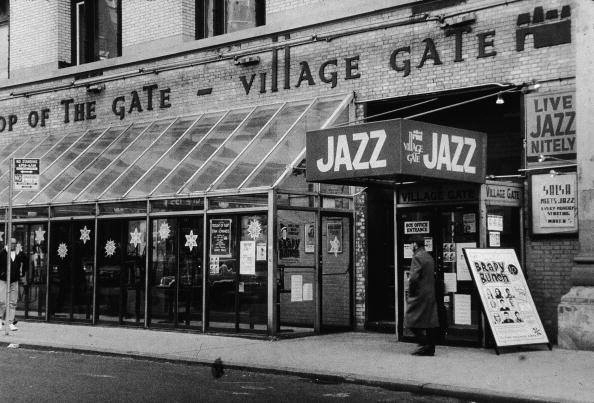 |
||||||||||||||||||||||||||||||||||
|
Slugs’ Another New York venue which figures in the Ayler story is Slugs’, and there’s an interesting conversation, prompted by the death of Ornette Coleman, between Charles Simic and his brother Milan Simich, about that notorious nightspot (got my Walter Winchell hat on) at The New York Review of Books site. Albert isn’t mentioned, but the iconic Ole Brask photo heads the article. * Firestarter Back in May I mentioned a documentary film about the history of Free Jazz which was in production but which was intending to use Kickstarter to raise the necessary funds to complete the project. Fire Music: a history of the Free Jazz Revolution is now on the Kickstarter site and has raised roughly half of its $37,500 goal with 19 days to go. * Noël Akchoté A.A. - Plays The Music Of Albert Ayler by guitarist Noël Akchoté is a 38 track digital album containing brief renditions of nearly all Ayler’s tunes. It’s available on the Bandcamp site, and if you check out his discography, you’ll find some other musicians getting similar treatment, including an 83 track tribute to Ornette Coleman. |
||||||||||||||||||||||||||||||||||
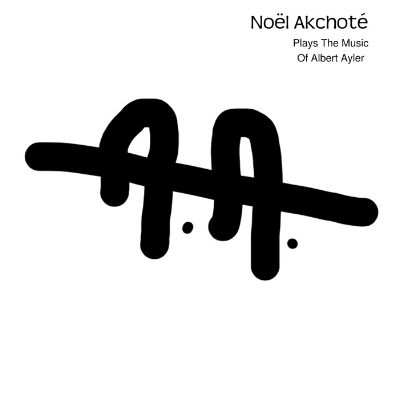 |
||||||||||||||||||||||||||||||||||
|
More versions On more familiar ground, there’s another version of ‘Ghosts’ on youtube, by Raphaël Imbert, recorded on 26th July in Forcalquier Cathedral. And I also came across this version of ‘Music Is The Healing Force Of The Universe’ on vimeo by Salomé, Dóra Attila and Rovar17, recorded at the Merlin Theatre, Budapest on 22nd December, 2011. * And finally . . . |
||||||||||||||||||||||||||||||||||
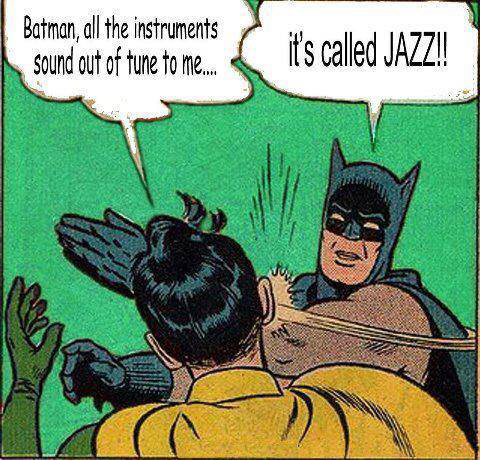 |
||||||||||||||||||||||||||||||||||
|
*** News from 2004 (January - June) 2004 (July - December) 2005 (January - May) 2005 (June - December) 2010 (January - June) 2010 (July - December) 2011 (January - May) 2011 (June - September) 2011 (October - December) 2012 (January - May) 2012 (June - December) 2013 (January - June) 2013 (July - September) 2013 (October - December) 2014 (January - June) 2014 (July - December) 2015 (January - May) 2015 (September - December) 2016 (January - March) 2016 (April - June) 2016 (July - August) 2016 (September - December) 2017 (January - May) 2017 (June - September) 2017 (October - December) 2018 (January - May) 2018 (June - September) 2018 (October - December) 2019 (January - May) 2019 (June - September) 2019 (October - December) 2020 (January - April) 2020 (May - August) 2020 (September - December) 2021 (January - March) 2021 (April - July) 2021 (August - December) 2022 (January - April) 2022 (May - August) 2022 (September - December) 2023 (January - March) 2023 (April - June) 2023 (July - September) 2023 (October - December) 2024 (January - March) 2024 (April - June) 2024 (July - September) 2024 (October - December)
|
||||||||||||||||||||||||||||||||||
|
Home Biography Discography The Music Archives Links What’s New Site Search
|
||||||||||||||||||||||||||||||||||
